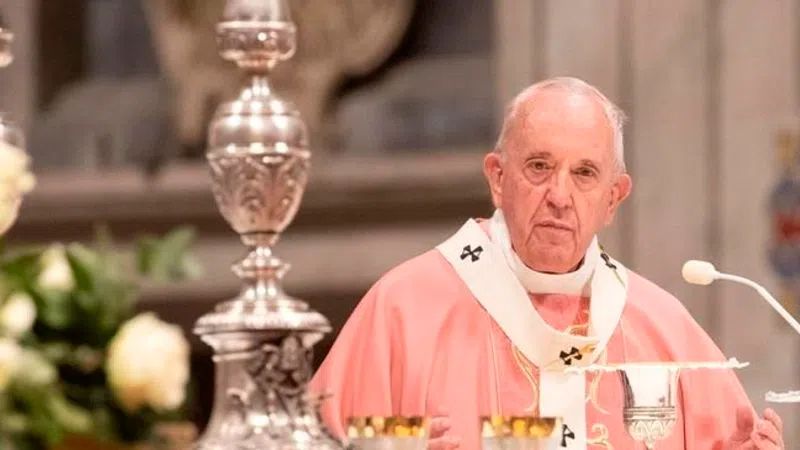
Pope abolishes ‘pontifical secret’ in clergy sex abuse cases
VATICAN CITY — Pope Francis has abolished the “pontifical secret” used in clergy sexual abuse cases, after mounting criticism that the high degree of confidentiality has been used to protect pedophiles, silence victims and keep law enforcement from investigating crimes.
In a new document, Francis decreed that information in abuse cases must be protected by church leaders to ensure its “security, integrity and confidentiality.” But he said “pontifical secret” no longer applies to abuse-related accusations, trials and decisions under the Catholic Church’s canon law.
Francis also raised from 14 to 18 the cutoff age below which the Vatican considers pornographic images to be child pornography.
The new laws were issued Tuesday, Francis’ 83rd birthday, as he struggles to respond to the global explosion of the abuse scandal, his own missteps and demands for greater transparency and accountability from victims, law enforcement and ordinary Catholics alike.


